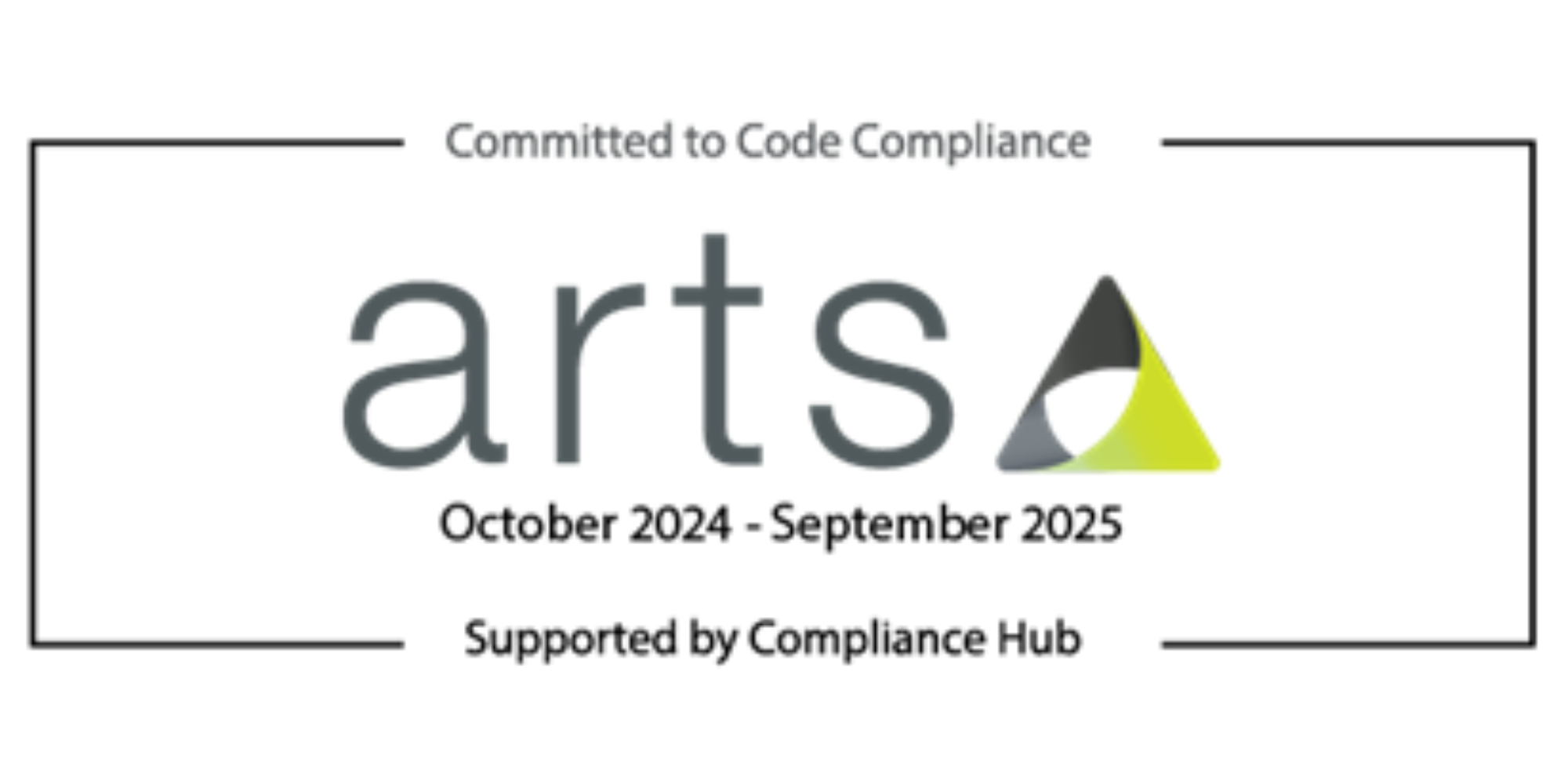Transforming data into information to support you to improve patient care and outcomes
PrescQIPP provide a host of data analysis resources to help you optimise medicines, improve medicines safety and patient outcomes at all organisational levels from GP practice to NHS regions with everything in between.
Who we are
PrescQIPP is a Community Interest Company (an independent social enterprise) that set up in 2016 after four years as an NHS QIPP workstream. PrescQIPP are solely funded by the NHS for the NHS and operate on a not for profit basis for the benefit of patients and NHS organisations.
Who are our subscribers, who can use our resources
We have a UK wide subscriber base that includes all the English Integrated Care Boards (ICBs); Health boards (HBs) in Wales, Northern Ireland and some in Scotland, the Isle of Man and Jersey. The PrescQIPP membership benefits are available to ICBs/HBs medicines optimisation teams, finance teams, GP practice and PCN/cluster healthcare professionals, pharmacy teams within secondary care, community trusts, mental health trusts and care homes.
What we do
Our aim is to “do once and share” to reduce duplication and variation across the NHS.
We produce evidence based resources and implementation tools for medicines related interventions with a robust quality assurance process and extensive stakeholder feedback. The resources and tools provide information on medicines safety, outcomes and value for money to enable appropriate change to be embedded in practice for the benefit of patients and the NHS budget.
Types of data and analysis
The PrescQIPP resources are supported by detailed primary care data analysis. Each bulletin has a visual data pack with details of all organisational levels spending and potential prescribing savings to quickly assess the benefits of implementing the bulletin guidance locally. We have access to pseudo anonymised prescribed and dispensed patient level data for subscribers in England so that we can provide data at the patient level including in the info briefs. The info briefs allow subscribers to quickly produce a simple one page document that pulls in the relevant local data into an easy to understand infographic with key messages for prescribers to ‘Look, Review, Do’. These can be downloaded at any organisational level and shared.
Pseudo anonymised patient level data is also incorporated into the clinical snapshots on a variety of therapeutic areas. Clinical snapshots are available for a number of key areas, such as inhaler carbon footprint, pain, stoma, continence, diabetes and nutrition products. The snapshots provide an overview of prescribing within each clinical area broken down by therapeutic groupings and include a number of different denominators to compare prescribing including deprivation scores and prevalence on QOF registers.
Scorecards include a wide range of indicators that are derived from the evidence based bulletins and resources that we produce. The indicators allow organisations to assess their progress in an array of projects, considering variation, similar organisations, achievements, missed opportunities, savings, and much more. The monthly updated reports allow subscribers to see if they are an outlier, or have significant opportunity, knowing that many clinical resources are available to support improvement projects locally.
Financial reports focus on financial activities relating to all, or key parts of the monitoring that GP practices and medicines teams in ICBs/HBs do. Our financial reports look at factors that affect prescribing costs such as growth in prescribing of different drugs, any cost pressures on prescribing such as Category M price changes and price concessions. We also produce local budget setting tools and medicine cost comparison charts to help support budget setting and identify any opportunities.
Data highlights focus on specific areas of interest and are updated regularly to align with national priorities. Currently the visualisations include the 3 year trend for price concessions on medicines as there is an increased cost pressure from them, the impact of the price increase in nutrition products in 2023, ratios of pMDI to DPI/SMI (excluding salbutamol) to support the inhaler carbon footprint agenda, top 20 cost medicines and anticoagulant prescribing patterns.
Practice level data reports enable you to generate reports containing visual data and clinical messages to focus discussions at a GP practice visit and plan priorities based in current practice prescribing.
All data reports are available for use at all organisational levels, even including old (CCG) boundaries and bespoke organisation groupings where requested.
If Integrated Care Systems (ICSs) want to review data from both primary and secondary care providers to show patterns of medicines use, PrescQIPP are able to produce ICS-wide dashboards. These provide an overview of medicines use across the system on the same page to highlight variation and potential opportunities for improved patient care and cost efficiencies across the system.
PrescQIPP have worked with OpenSAFELY and NHS England researching the safety of DOAC prescribing during COVID-19. This research involved interrogating GP clinical systems for coding on the prescribing and monitoring of DOACs and calculating if doses were appropriate for the patient based on their creatinine clearance. The research generated data which showed that DOAC dosing on the whole was correct where creatinine clearance was recorded, but there were some patients on an incorrect dose. It also showed that creatinine clearance was not always recorded. The research is being written up for publication in a medical journal. We are currently researching a range of dependence forming medication questions to support future work in this area.
Find out more
There are a number of short videos demonstrating and explaining how to use the various data tools with helpful hints and tips: https://www.prescqipp.info/our-resources/data-and-analysis/
There are also written guides available: https://www.prescqipp.info/our-resources/data-and-analysis/data-how-to-guides/
Sign up to receive our monthly newsletter direct to your inbox to keep up to date with our latest publications, resources and details about upcoming webinars, virtual professional groups and clinical masterclasses: https://www.prescqipp.info/mail-chimp/


 London
London


